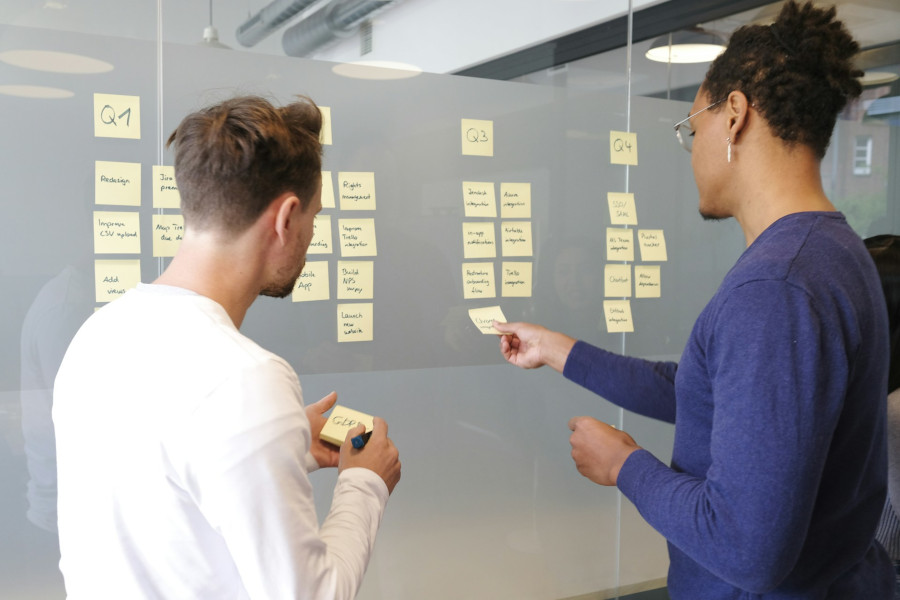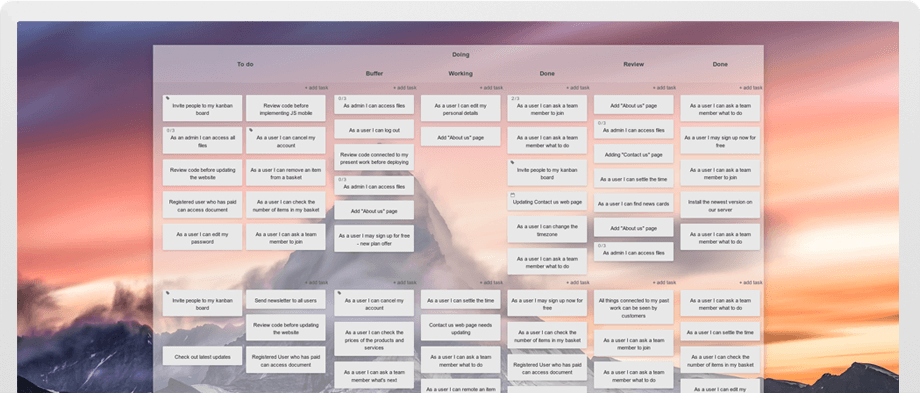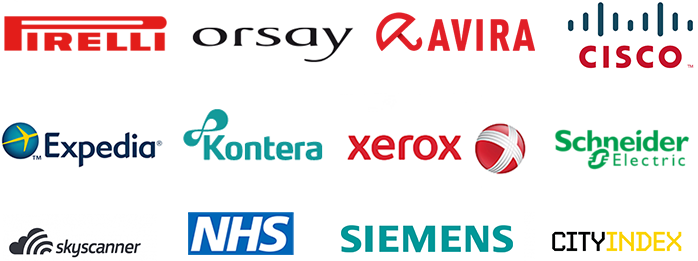Project management entails navigating complex projects and diverse personalities, often within tight deadlines and constrained budgets. Amidst these challenges, project managers confront what is known as the "Iron Triangle", symbolizing the three primary constraints of any project: time, cost, and quality.
Becoming a proficient project manager is no easy feat, but there are strategies that can aid in successfully completing projects while enhancing collaboration and overall process efficiency. Consider giving them a try:

1. Flexibility is key
Blind adherence to a singular management approach is unrealistic. A successful project manager must be flexible and adaptive, knowing when to issue directives and when to foster team self-organization, idea-sharing, and delegation. So, recognize that projects evolve, and your plans may need adjustments as you go. It may pay to embrace iterative planning methodologies like Agile or Scrum, allowing flexibility and responsiveness to changing requirements and priorities.
2. Understand your team
and foster accountability
Effective project management begins with clearly defining each team member's role and holding them accountable. Task accountability cultivates a sense of responsibility and ensures everyone is committed to delivering their best work. Beyond team roles, invest in understanding your team members' individual needs, motivations, and working styles. Recognize that each individual is unique, and leveraging this insight can maximize the joined team performance.
3. Challenge and inspire
Challenging team members is essential for growth, while coercion breeds resentment. Strike a balance by providing tasks that stretch capabilities without overwhelming and monitor individual thresholds to avoid burnout and maintain morale. Also, encourage a culture of continuous learning and improvement within your team: provide opportunities for skill development, knowledge sharing, and feedback sessions to foster growth and innovation.
4. Establish clear goals and manage risks
Direction is crucial for progress. Set specific, measurable, attainable, realistic, and timely (SMART) goals for the team and individual members. Clear objectives provide transparency and motivation, letting you measure progress and achievement. At the same time, work to identify potential risks early in the project lifecycle and develop mitigation strategies to minimize their impact. Regularly assess and reassess risks throughout the project to stay prepared for all eventualities.
5. Motivate effectively
Foster an environment conducive to innovation and creativity rather than relying solely on personal motivation tactics. Recognize that motivation varies among team members and strive for fairness in distributing recognition and reward. Acknowledging and celebrating milestones and achievements throughout the project lifecycle boosts morale, reinforces positive behaviors, and fosters a sense of accomplishment within the team.
6. Cultivate trust and navigate change
A contented team is a productive one. Address the primary barriers to team happiness and success, such as change, loss of control, and lack of trust. Demonstrate competence with empathy - a genuine concern for team well-being to foster trust and navigate change well. Importantly, commit to recognizing that team members have personal lives outside of work and encourage a healthy work-life balance by respecting boundaries, offering flexible schedules when possible, and providing support during stressful periods.
7. Foster open communication,
also across departments
Effective communication is the lifeblood of any project. Clearly state your expectations and deadlines, and encourage real-time, collaborative problem-solving. Open communication fosters a positive atmosphere, helps to prevent and resolve conflicts, and enhances overall productivity. Encouraging collaboration across different departments or teams involved in the project will enhance communication, foster innovation, and ensure alignment towards common goals. Simultaneously - as a project manager - remember to lead by example, demonstrating professionalism, integrity, and a strong work ethic. Your actions set the tone for the team and should inspire trust, respect, and confidence in your leadership.
8. Prioritize, delegate and facilitate
Divide tasks among team members based on priority and individual strengths. Consider adhering to the Pareto Principle, focusing on the vital few tasks forecast to yield the most significant results. Limiting workload per team member ensures efficiency and prevents wasteful multitasking. It would be benefitial to implement time management techniques such as time blocking, prioritization, and minimizing multitasking to maximize productivity, reduce stress, and ensure meeting deadlines consistently.
9. Evaluate, iterate and improve
Regularly assess team performance to identify areas for improvement, placing extra care on prioritizing quality assurance throughout the project lifecycle to deliver consistently high-quality results. Analyze project metrics data to implement enhancements that boost productivity and streamline processes, fostering continuous growth and development. After completing each project, take time to reflect on lessons learned, using this feedback to iterate and refine your project management approach, continually striving for excellence in the future.
Leveraging visual project management software
Visual project management software is an invaluable asset for modern project managers. Whether utilizing Gantt charts, Work Breakdown Structures (WBS), or the Kanban method, electronic applications streamline planning, enhance visibility, and boost productivity.
Online Kanban boards offer real-time collaboration and visualization akin to physical boards. By breaking projects into manageable tasks and sharing progress transparently, teams stay aligned, focused, and responsive to challenges. On top of that, Kanban boards can also help increase employee focus and process throughput, thanks to the incorporation of Work in Progress limits, together with other optional teamworking features such as reminders, calendars, dependencies, and comments.
Explore Kanban Tool
for effective project management
Effective project management is multifaceted and requires adaptability, communication, and strategic leadership. By implementing some of these tips and leveraging visual project management tools, you can confidently navigate project complexities, driving success and delivering value to stakeholders.
Discover the power and flexibility of Kanban Tool—an online Kanban board trusted by over 25,000 users worldwide since 2009. Sign up for a free trial today to experience simplified project management firsthand, unlock the potential of visual project management, and elevate your project outcomes forever!





